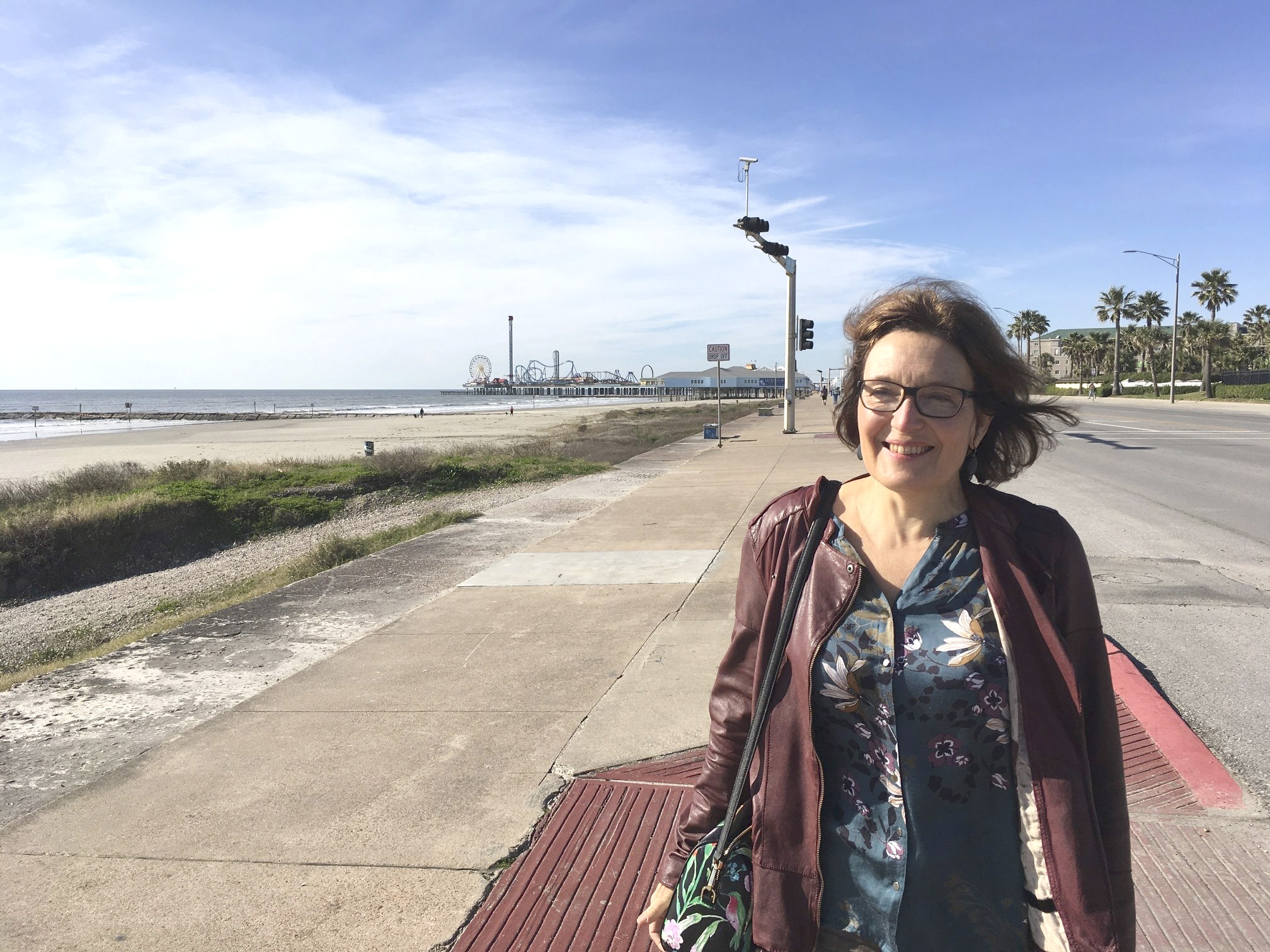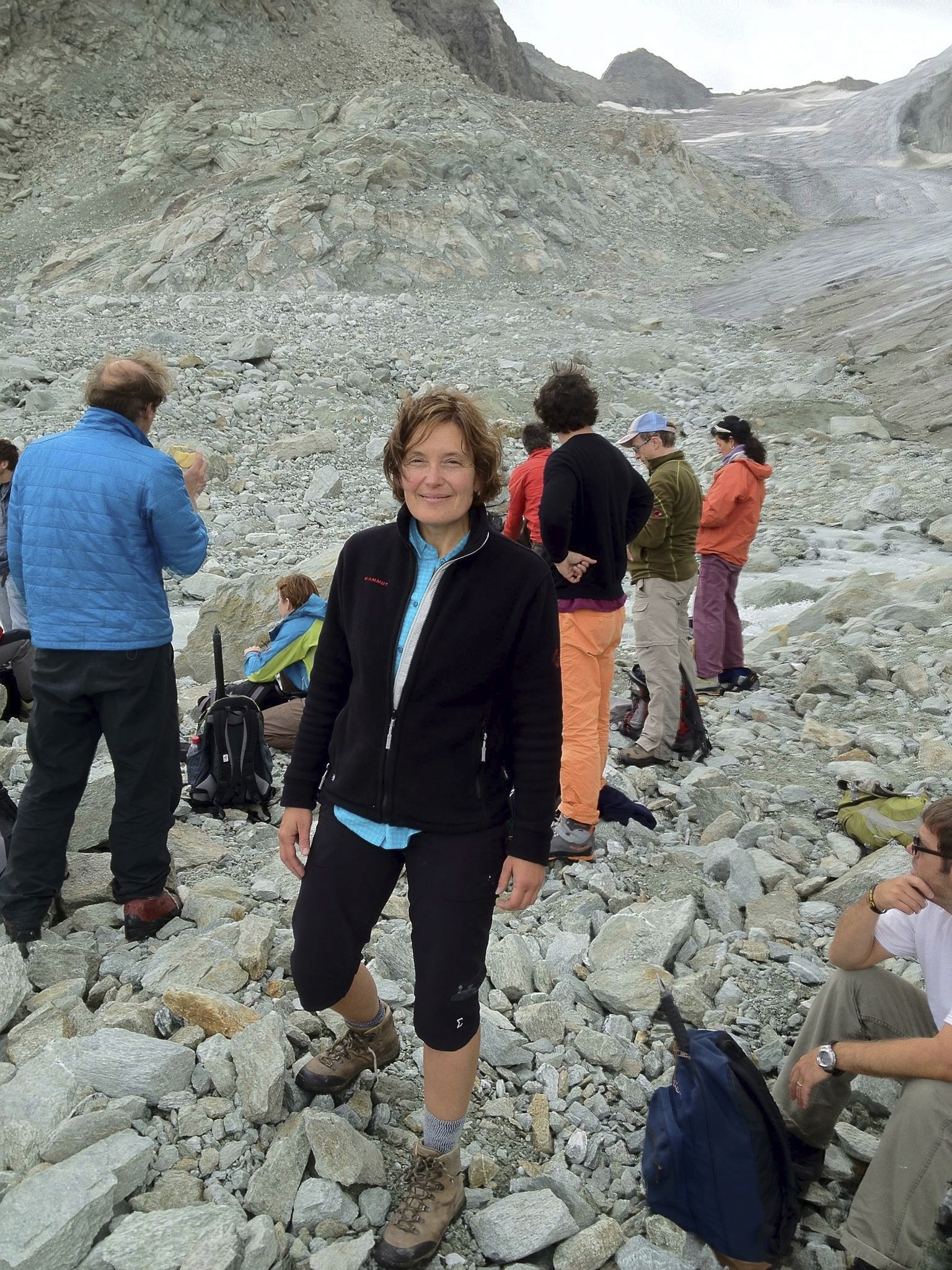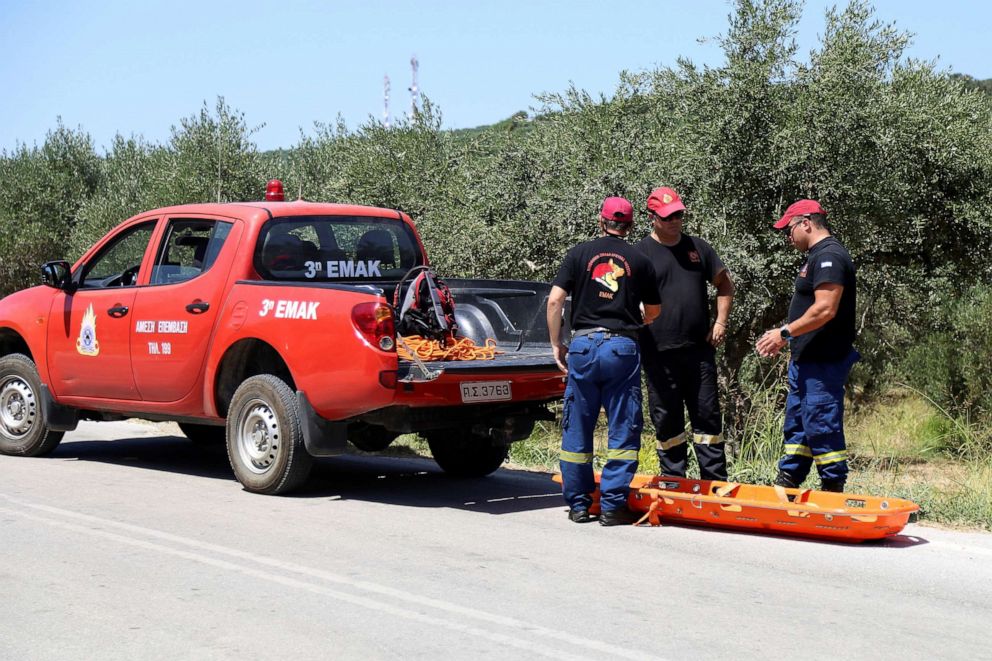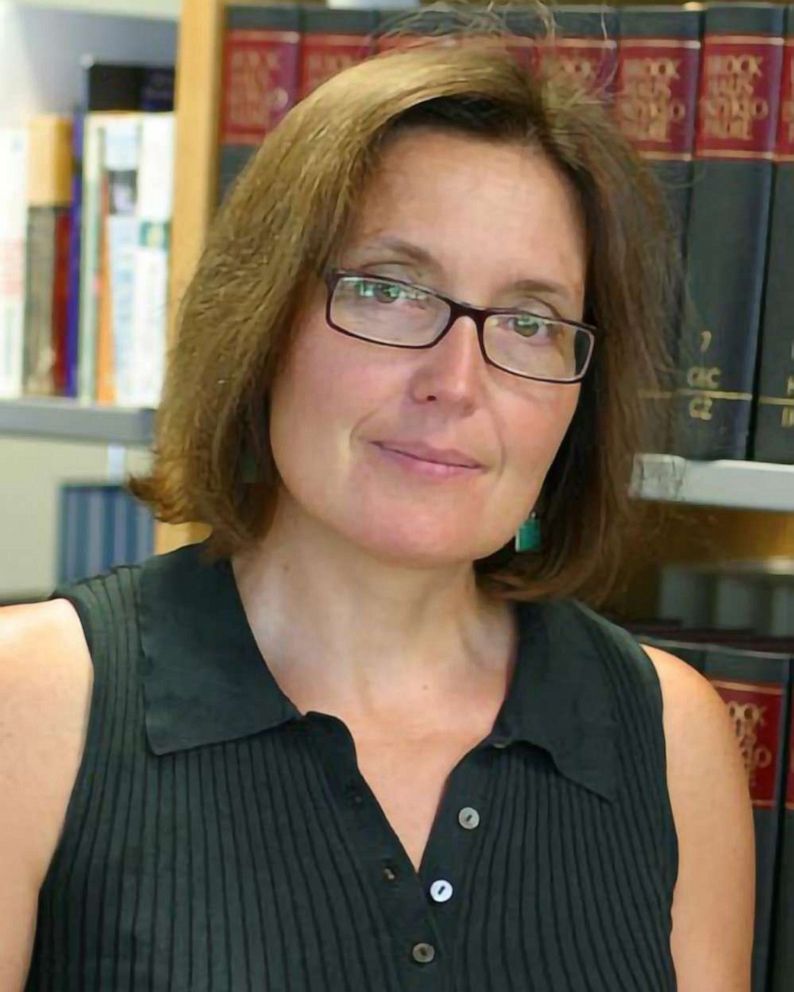Crucial piece of evidence may identify killer of American professor murdered in Greece, police source says
Suzanne Eaton, 59, fought for her life before she was killed, authorities said.
A crucial piece of evidence left behind in the abandoned World War II bunker in Greece where an American professor was found dead last week may identify her killer, according to authorities.
A high level police source, who spoke to ABC News on the condition of anonymity, said that investigators are confident the evidence will shed more light on the identity of the killer but would not give details on exactly what the evidence was.
At least 10 locals from the area on the island of Crete where 59-year-old Suzanne Eaton was attending a conference before she vanished, have been questioned, the source said.
Investigators took DNA samples from all of the persons of interest and have requested data records from local mobile phone companies in hope that they may identify the person or people who left Eaton's body in the bunker, which was constructed by Nazi troops after they occupied Crete in 1941 to protect from air raids.


Results from the DNA tests from the crime scene are expected to be available in a matter of days, the police source said.
Investigators are specifically interested in men with muscular builds and the ability to overpower someone as physically strong as Eaton, who was an avid runner and held a black belt in Tae Kwon Do.
Eaton fought for her life against an attacker armed with a knife, a police source told ABC News, stating that her body had substantial knife injuries described as "defensive" in nature.
Coroner Antonis Papadomanolakis told Greece's ANT1 News that "something complicated happened" during Eaton's death, stating that it was "not immediate" and "there was duration involved."

Officials have not determined whether Eaton was murdered at the bunker or if she was killed somewhere else and her body left there. Her death resulted from a "criminal act," Papadomanolakis said, and her cause of death was asphyxiation.
Investigators are aware of a claim by one potential eyewitness who said she saw "someone from far away" on the day Eaton disappeared, according to the police source. Authorities have not yet determined whether that information is related to the case.
Eaton, a U.S. citizen and a research group leader at the Max Planck Institute of Molecular Cell Biology and Genetics in Dresden, Germany, vanished on July 2. Her body was found nearly a week after she disappeared.

The Oakland, California, native is survived by her husband and two sons. Her remains will be returned to the U.S. for burial.
ABC News' Daphne Tolis and Morgan Winsor contributed to this report.



